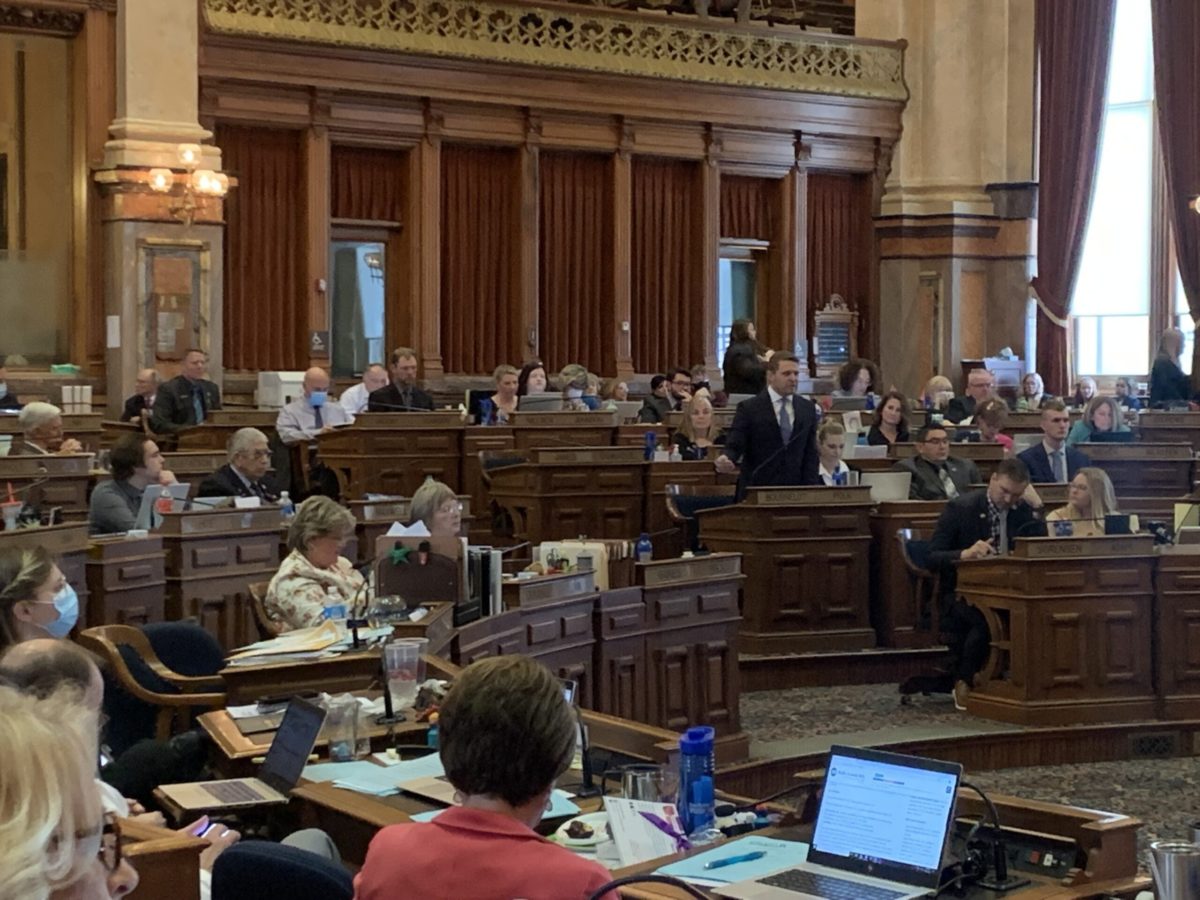
The odds of a recession in 2023 is increasing, according to many economists. Goldman Sachs put the probability at 35%. But that isn't stopping some US states from gutting their unemployment insurance programs.
In many instances, the ruling class is framing this around current economic conditions and the old stand-by of “people just don't want to work.” It clearly is an effort to make workers more desperate to settle for abusive working conditions and inadequate pay.
So be advised; they already are coming for the unemployment checks you inevitably will need once the house of cards the ruling class has built inevitably comes crashing down.
I've identified five states that have made, or are considering, unemployment insurance cuts in 2021 and 2022. This isn't counting states that have withdrawn prematurely from the Federal COVID assistance UI bonus.
Don't put up with this. Organize your workplace while you still have the upper hand. Make these clowns know you're on to them.
Iowa
Iowa workers would have 10 fewer weeks of unemployment benefits under a bill passed Wednesday by the Iowa House and Senate.
Kentucky
https://www.wtvq.com/state-house-approves-dramatic-changes-to-unemployment-programs/
Under the legislation, the number of weeks unemployed Kentuckians are eligible for the benefits will be reduced from 26 to anywhere from 12-to-24 weeks, the exact time period will be based on the statewide jobless rate from nine to 12 months earlier.
Missouri
https://fox2now.com/news/missouri/lawmakers-want-decrease-unemployment-benefits-for-missourians/
The new bill, which was approved by representatives Thursday 94-41 changes the plan to range from 13 to 20 weeks to 20 to 8 weeks, creating short pay periods for rates lower than 6%.
Tennessee
The bill, which cleared the Senate 26-7 and the House 71-19 on Wednesday afternoon, caps the maximum payout period at as low as 12 weeks — the lowest in the nation.
Wisconsin
… turning the unemployment division into the “Division of Re-Employment Assistance,” the legislation envisions “an entity that micromanages claimants’ job search efforts,” with provisions that would force UI recipients back into part-time jobs rather than enabling them to take more time to seek an appropriate full-time position.
Other than the consensus legislation, the UI bills are part of a GOP package that focuses on benefit restrictions to boost employment, an approach that critics say won’t work.
